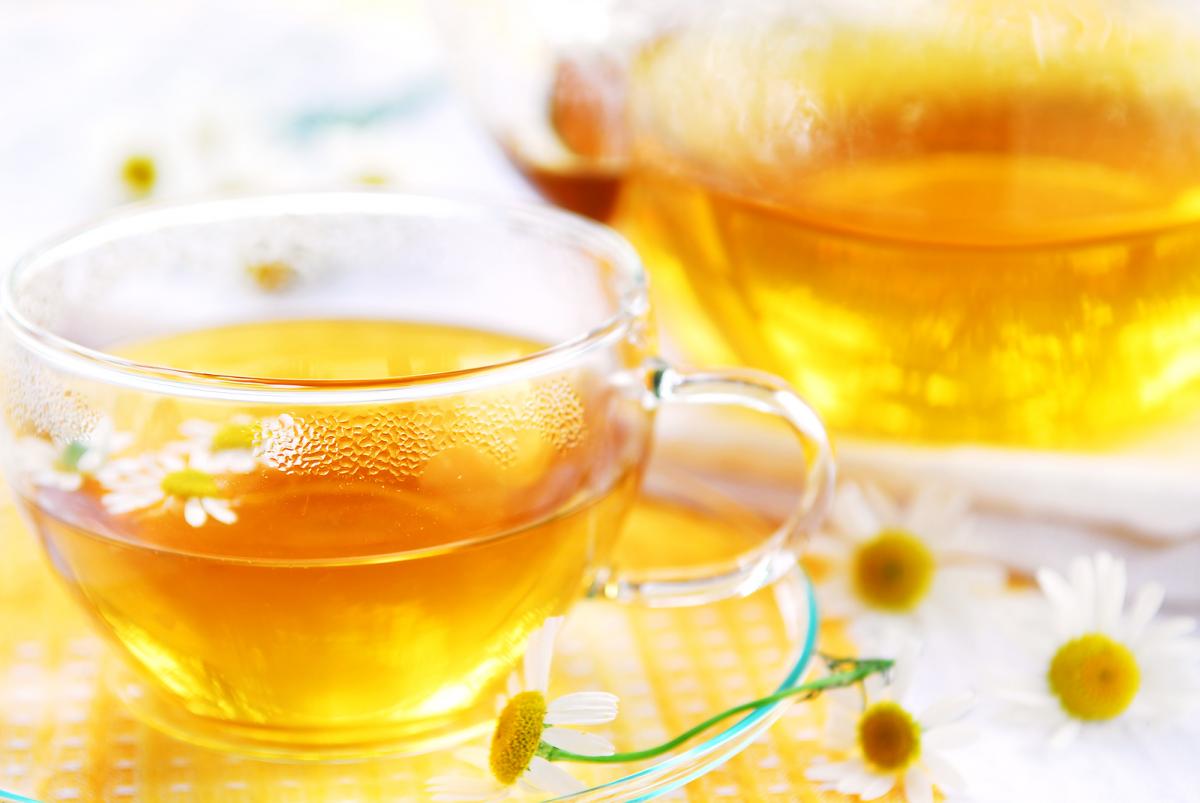Sleep easy – Nature’s remedies
Continuing our series on getting good quality sleep, this issue we reveal how nature has provided us with a wealth of wonderful natural sleep aids.
Passionflower (passiflora incarta)
Passionflower has been used mainly in the treatment of anxiety, as it is said to have a calming effect on the nervous system.
Here summed up by Harvey Wickes Felter and John Uri Lloyd, taken from the King's American Dispensatory: “Its force is exerted chiefly upon the nervous system, the remedy finding a wide application in spasmodic disorders and as a rest- producing agent. It proves useful in the insomnia of infants and old people. It gives sleep to those who are laboring under the effects of mental worry or from mental overwork".
Valerian (valeriana officinalis)
Valerian has been used to induce and promote a good night’s sleep for centuries. Valerian can be taken as pills or tea, however it does have a rather distinct and unusual flavour that many people don’t find very pleasant.
Valerian has had very few reported side effects and seems to be tolerated well in most people, it is also non-addictive, unlike many prescribed sleeping tablets. Some people find that they get results from valerian very quickly, but it is recommended to take it for at least two weeks for maximum results.
Hops (humulus lupulus)
Hops are commonly used to brew beer and can produce a mild sedative effect. The effects have been witnessed in people who collect them, this phenomenon has even been nicknamed ‘hops pickers’ fatigue’. Hops may have this effect by slowing down the breakdown of GABA (gamma aminobutyric) and working via the melatonin receptors in the brain.
Hops used in combination with valerian (see below) have been proven very effective in inducing sleep.
WARNING: speak to your doctor before taking hops as a remedy if you have suffered depression.
Chamomile flowers (anthemis nobilis)
Last issue we bestowed the virtues of chamomile tea in Mama Tea’s Herbal Tea Time feature, and  here we are again: we just can’t get enough of this wonderful little flower.
here we are again: we just can’t get enough of this wonderful little flower.
Chamomile is a common herbal tea found in many homes. It is renowned for its calming, soothing and sleep-aiding properties. Along with these mild sleep-inducing effects it acts as an antispasmodic so can aid digestion.
Chamomile can be taken as a tablet or a tincture as well as a tea. It has been found to help when applied topically to inflamed or sore areas of skin – some even swear by placing cooled used chamomile teabags on their eyes to soothe and relax them after a hard day. What a great treat nature gave us!
Lavender (lavandula angustiflora or lavandula officinalis)
Lavender has traditionally been used as a remedy for a myriad of conditions. It is cleansing and purifying and it has calming and sedating properties. It can aid insomnia and restlessness, anxiety and depression.
Lavender is mostly used as an inhalant. Use of essential oils can be topical (massaged into skin) or used in the bath or even on a tissue inserted into a pillowslip.
Lettuce
Lettuce is renowned for its sleep- inducing qualities. It contains an opium-related chemical, and thus possesses mild sedative properties. Lettuce also contains hyoscyarnin which is an anti-cramping agent that also helps promote relaxed muscles.
It is a fantastic addition to an evening meal, not only does it aid restful sleep but it is fresh, nutritious and very low in calories.
Oats
Oats can help you keep going for a very long time due to their ‘slow release’ complex carbs. They have also been linked to a calming effect on the nervous system, thus promoting rest. It is certain that eating oats can help maintain blood sugar levels – and this in turn can help prevent sugar crashes and hunger pangs, which can disturb sleep.
Jasmine (gardenia jasminoides)
This beautifully fragrant plant has proved incredibly effective at relieving stress, anxiety and helping with sleep disturbance. The Journal of Biological Chemistry publishes the discovery (made by Dr Olga Sergeeva).
Lemon balm (melissa officinalis)
Lemon balm is related to mint, but has a fragrant lemon scent and flavour. It is this flavour that makes it a popular choice as a herbal tea.
Lemon balm has properties that have often been associated with the relief of nervousness and insomnia. It has also been said to help still a nervous stomach. It has no known side effects and Prof Helmut Hass from the Heinrich Heine University in Düsseldorf says that the fragrance of jasmine was able to increase the GABA effect (see the ‘hops’ entry on page 122) by more than five times, and thus act as strongly as some known drugs.
Nuts
Nuts are great, here at Uncovered we can’t get enough of nuts! You won’t find us saying a bad thing about these little fellas. In this context nuts and seeds, especially whole filberts and ground sesame seeds (according to AskDrSears. com) have a high amount of the sleep-inducing amino acid tryptophan.
Related articles
You may find the following links useful:
www.bbc.co.uk/science/humanbody/
Check out our very own Dr Rob Hicks’ article on Obstructive sleep apnoea at:
http://www.bbc.co.uk/health/physical_health/conditions/sleepapnoea1.shtml






